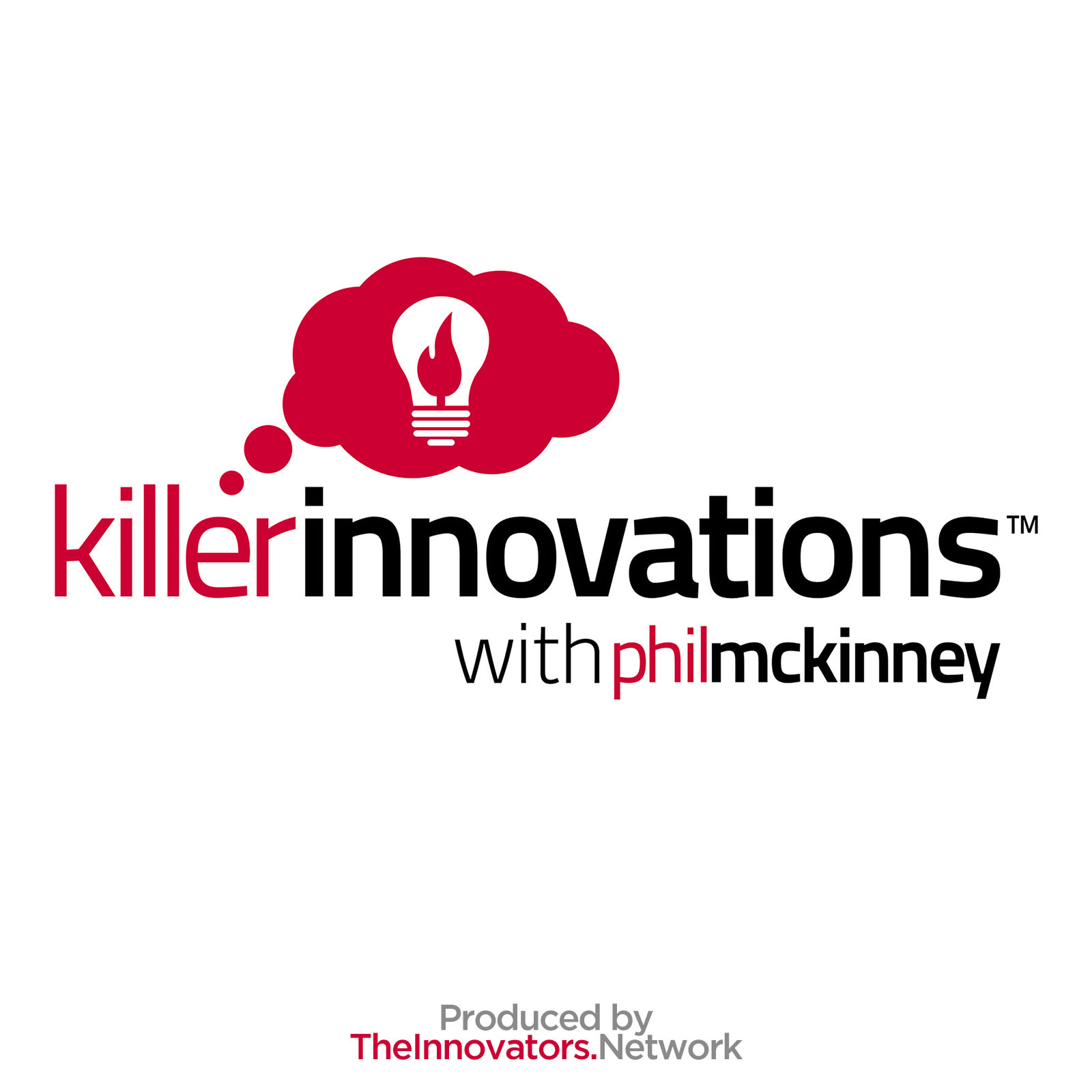6-Hour Workday = Better Innovation

b'This week\\u2019s guest offers some excellent knowledge about productivity and having your priorities in place. Steve Glaveski, CEO and Co-Founder of Collective Campus, joins us to discuss prioritizing high-value work. We talk about his view of the 6-hour workday, and how it helps to\\xa0better innovation.
\\n
\\nSteve\\u2019s Background
\\nSteve went through the motions of getting his degree and climbing the corporate ladder, chasing what society associates with success. He worked for companies such as KPMG and Ernst and Young and found himself miserably comfortable while in his late twenties. Despite reaching these levels of success, but Steve felt it wasn\\u2019t doing what he was called to do. He decided to give it all away and pursue\\xa0entrepreneurship, which led him to co-found Collective Campus, launch other ventures, and write multiple books. The inspiration behind the work he does is helping organizations and people unlock their potential to create an impact in the world and lead more fulfilling lives.
\\nOne of his ventures is a company called Lemonade Stand that donates a license to children from socioeconomically disadvantaged areas for every license they sell to the developed world. It works as a software service platform that walks kids aged 10-15 through the entrepreneurial life cycle. When it comes to licenses, they work with schools, governments, and individuals.
\\nThe 6-hour workday
\\nSteve has a lot on his plate with all the ventures he runs. People often say you can\\u2019t do more than one thing if you want to do it well. According to Steve, it is based on how you go about doing things. If you are intentional about getting rid of unnecessary tasks and\\xa0focus on the high-value work, you will get a lot done and innovate better. Steve reflects monthly and quarterly on how he spends his time, whether it\\u2019s his daily tasks or when he\\u2019s working on products.
\\nA couple of years ago, Steve and his team ran a 6-hour workday experiment to get more done in less time. The shorter timeframe forced them to do away with meetings/outsource and focus on the high-value work. After the experiment, they discovered that productivity was the same if not higher. People had more time to do things outside of the office.
\\nTime Rich: Do Your Best Work, Live Your Best Life
\\nSteve\\u2019s book is about changing the 8-hour workday. This workday traces back to the last eighty years or so and has acted as a baseline. As the recent times, the nature of work has changed. Work has shifted to more of a cognitive work over purely physical work.
\\nA recent study on scientists found that the ones who worked 20 hours a week were twice as\\xa0productive\\xa0as their peers who worked 35 hours a week. Even less productive were the scientists who worked 60 hours a week. You might think more hours equals more output, but in reality, you aren\\u2019t able to recover and recharge to innovate better. There are many distractions these days, such as social media, which tends to distract us and hinder our productivity. At CableLabs, we have an unlimited vacation policy for our staff. With this option, people can manage their own time and schedules, so they don\\u2019t get burned out and lose focus.
\\nAdvice for the Listeners
\\nMoney can always be earned back after it gets spent, but time cannot. When you say yes to something, you are saying no to a whole lot of other things. We need to be frugal with how we spend our time. A lot of people say yes to everything which causes them problems. The key to saying no is based on what you truly value and what your goals are.'